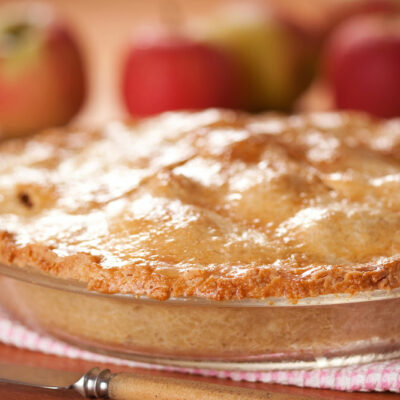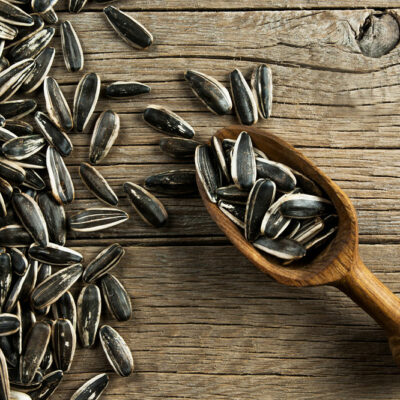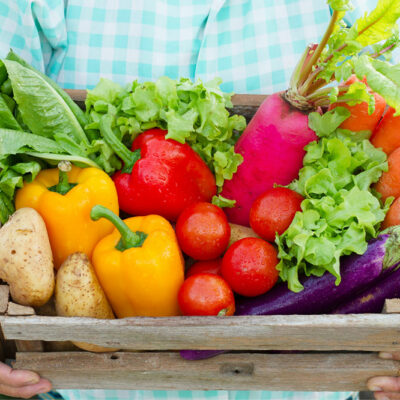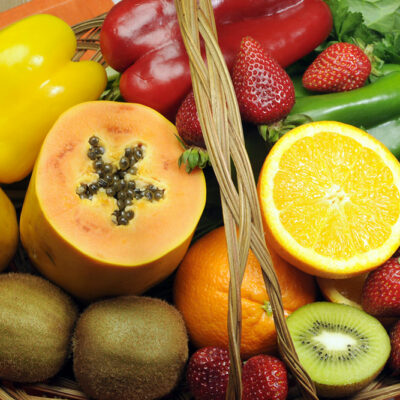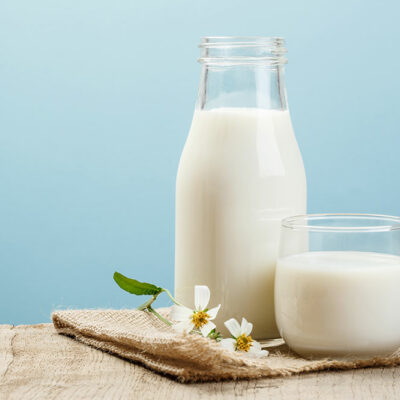
4 common mistakes to avoid during period
For several women, excruciating pain and cramps are synonymous with periods. Research suggests that approximately 80% of individuals who menstruate experience period pain at some point. Adequate care and rest are essential to overcome period pain and avoid nutritional deficiencies during this time. Alongside maintaining a proper meal plan, avoiding certain types of foods, and staying as physically active as possible, avoiding these few common mistakes can help women manage better during their period. Using scented tampons or pads Besides causing irritation and discomfort, scented tampons and pads also alter the vagina’s pH balance, leading to problems like bacterial vaginosis and yeast infections. Scented tampons and pads can also contribute to vaginal itching and odor. Thus, it is important to use unscented menstrual products at all times to avoid compromising menstrual health. Staying dehydrated The body loses more fluids during periods than on regular days. Consequently, it requires more water to perform daily functions like lubricating joints, controlling body temperature, regulating bowel movements, and providing nutrients and oxygen to the cells. Dehydration can slow down these processes significantly, aggravating one’s discomfort and weakening their immunity. It helps to set water reminders on one’s phone or smartwatch to stay hydrated during the menstrual cycle.
Read Article 

